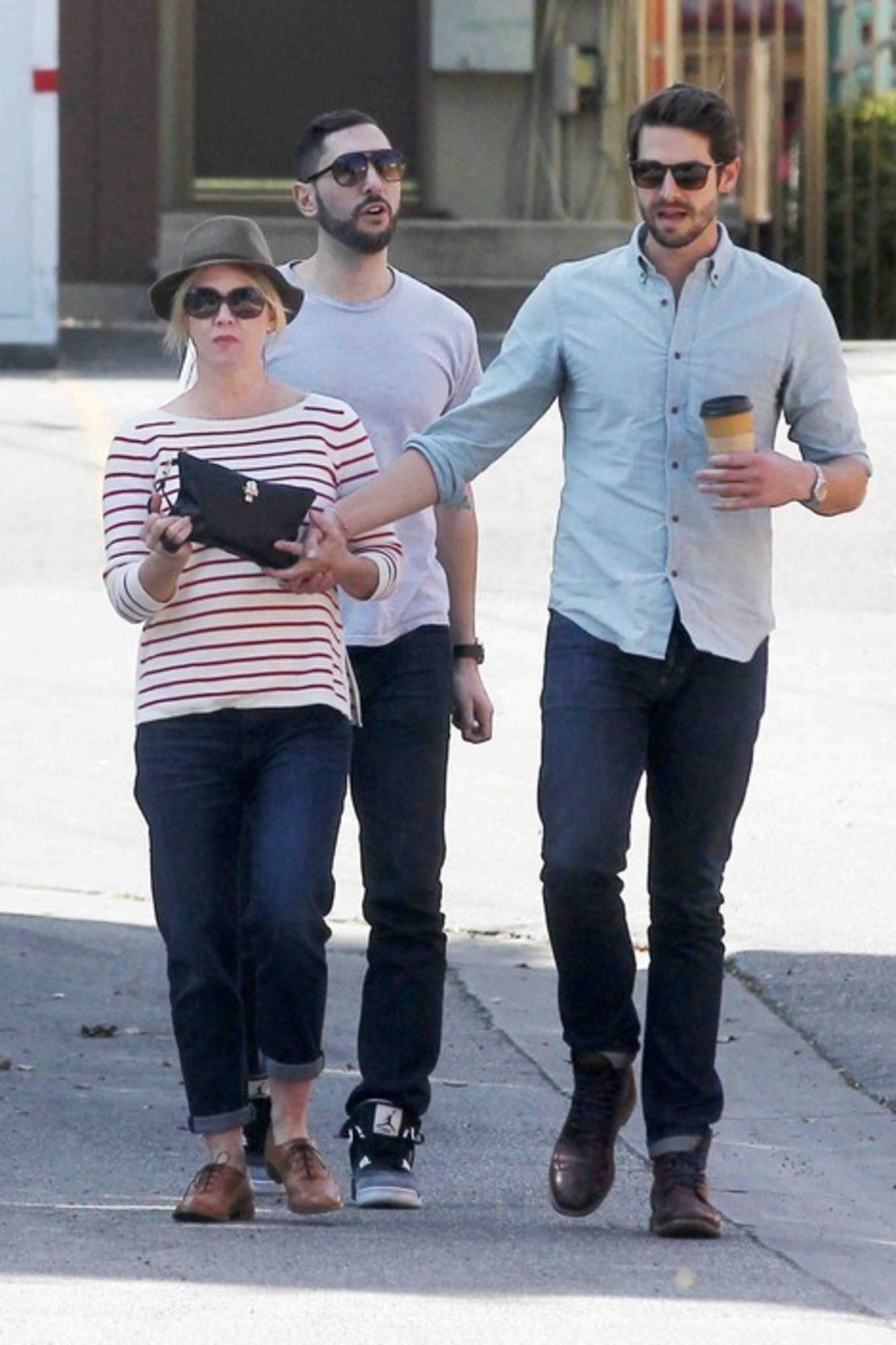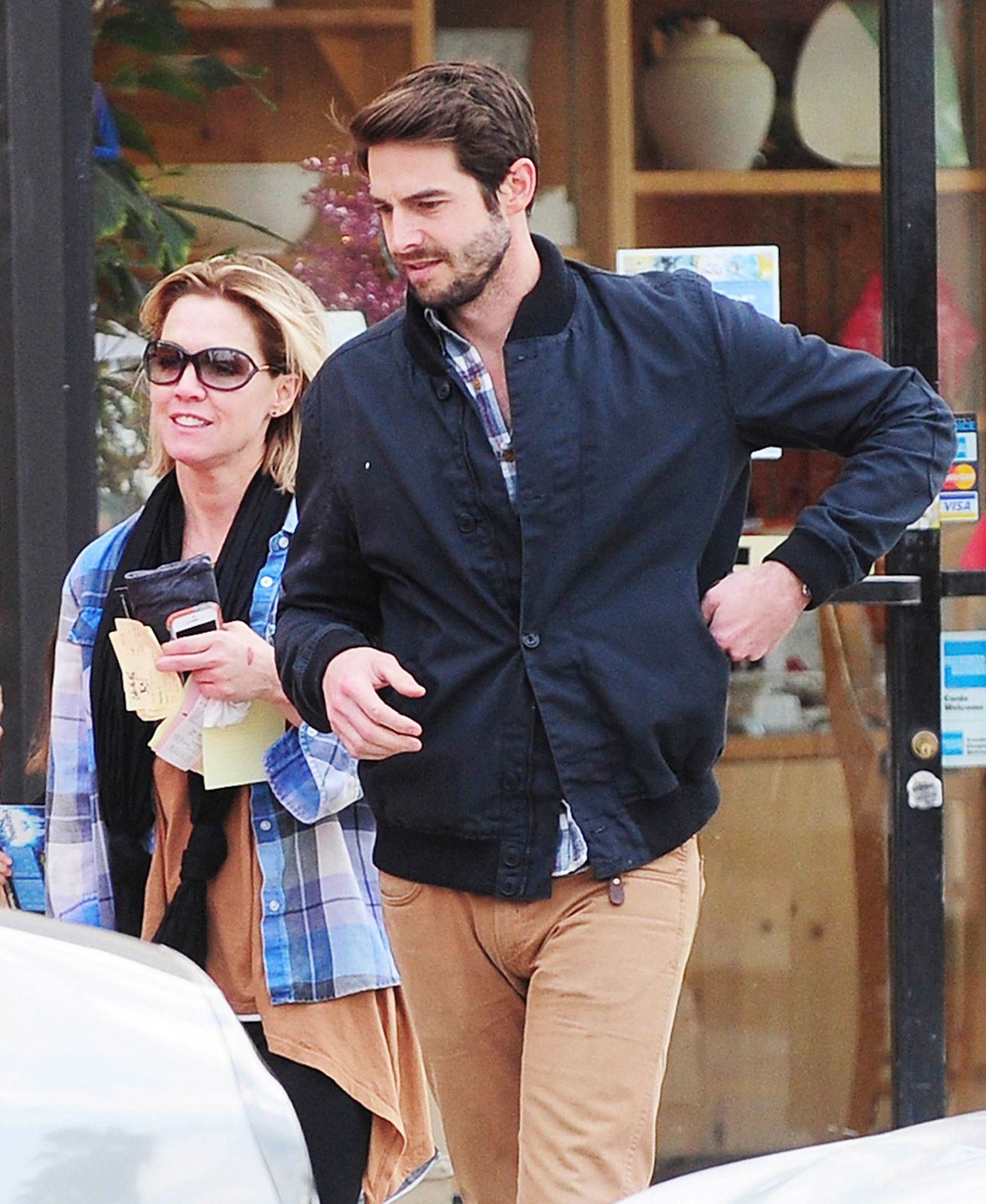Curiosity, it seems, is a rather powerful thing, prompting us to wonder about all sorts of matters, from the truly grand to the very simple. Perhaps you've found yourself pondering, for instance, what someone like Dave Abrams dedicates their working hours to. It's a common human inclination, this desire to know what people around us are occupied with, what their daily grind looks like, or what kind of work brings them satisfaction. This particular query, "what does Dave Abrams do for a living," while seemingly straightforward, actually brings up something quite important about how we communicate and make sense of the world.
You see, getting a clear picture of anyone's profession, whether it's Dave Abrams or someone else entirely, hinges on how well we ask the question and how precisely we frame our thoughts. Good communication, in a way, is the backbone of all understanding. It lets us share ideas, learn new things, and really get to grips with what others are up to. Without clear ways to express ourselves, it's pretty hard to connect, to say the least.
So, while the specific answer to "what does Dave Abrams do for a living" might be interesting, the tools we use to even ask such a question are, you know, just as fascinating. It turns out that some very basic parts of our language help us get to the bottom of these kinds of questions. These little words, the ones we often use without a second thought, are actually doing a lot of heavy lifting.
- Teach Me First Honeytoons
- Girlylana Onlyfans Leaked
- Pier 701 Restaurant Bar
- Beata Galloway
- Rita Ora Image
Table of Contents
- What Does Dave Abrams Do for a Living - Getting to the Point
- Why Does "What Does Dave Abrams Do for a Living" Matter for Words?
- The Heart of the Matter - "Do" and "Does"
- When to Use "Do" – It's Almost Like a Team Effort
- When to Use "Does" – For the Solo Player, Perhaps?
- How Does "Do" and "Does" Help Us Understand "What Does Dave Abrams Do for a Living"?
- Auxiliary Power - Helping Verbs Along
- Action Time - When "Do" and "Does" Are the Main Event
- Simple Questions, Clear Answers - How Do We Ask About "What Does Dave Abrams Do for a Living"?
- A Quick Look at "Did" - The Past of "What Does Dave Abrams Do for a Living"
- Why This Matters for Figuring Out "What Does Dave Abrams Do for a Living"
What Does Dave Abrams Do for a Living - Getting to the Point
When we want to know about someone's occupation, say, what does Dave Abrams do for a living, we naturally form a question. That question, you see, needs to be put together in a way that makes sense to the person we're asking, or to anyone reading our words. It’s a very basic requirement for getting an answer that actually helps. The words we pick, and how we arrange them, really make a difference in whether our message gets across. It’s about being understood, plain and simple.
Why Does "What Does Dave Abrams Do for a Living" Matter for Words?
Consider the phrase "what does Dave Abrams do for a living." That little word "does" is doing a lot of work there. It’s helping us form a question, and it’s pointing to a single person, Dave Abrams. Without that specific word, or if we used a different one, the question wouldn't quite land right. It might sound awkward, or worse, it might not be clear what we're even asking. So, in some respects, even a simple query like this highlights the importance of getting our grammar just so.
The Heart of the Matter - "Do" and "Does"
So, let's talk about these two small words: "do" and "does." They're both forms of the verb "to do," which is, you know, a very common verb in our language. They both point to actions happening right now, in the present time. But, and this is where it gets interesting, we don't just pick one or the other at random. The choice between "do" and "does" actually depends on who or what is performing the action, the subject of our sentence. It's a fundamental aspect of speaking and writing correctly, which, frankly, helps us communicate clearly about things like what Dave Abrams might be occupied with.
- Lowry Beer Garden
- Harford Fire Blog Latest Update
- Hila Klein Idf
- Lilian De Vasconcelos Souza
- Uflash Brasil
When to Use "Do" – It's Almost Like a Team Effort
You typically use "do" when the person or people performing the action are "I," "you," "we," or "they." Think of it as the word you use when you're talking about yourself, about the person you're speaking to, or about groups of people. It's for when there's more than one person, or when the subject is "I" or "you." For example, you might say, "I do enjoy a good book," or "You do seem quite happy today." We also use it for groups, like "They do their chores every Saturday," or "We do our best work in the mornings." It’s for those times when the subject feels, in a way, like a collective or a direct address.
To give a few more examples, consider these situations. If you're talking about your habits, you might say, "I do like to go for walks." Or if you're asking a friend about their preferences, you could say, "Do you prefer coffee or tea?" When a group of people is involved, you'd use "do" as well, like, "They do a lot of charity work in the community." It’s pretty straightforward once you get the hang of it, really. Even when we're trying to figure out what someone does, like "What do they do for a living?" that "do" is there for the "they."
When to Use "Does" – For the Solo Player, Perhaps?
Now, "does" is a bit different. This word comes into play when the person doing the action is a single individual, or a single thing, that isn't "I" or "you." Specifically, we use "does" with "he," "she," or "it." Think of it as the word for a single, third-person subject. So, if you're talking about Dave Abrams, who is a "he," you'd naturally use "does." That's why we ask, "What does Dave Abrams do for a living?" It's because "Dave Abrams" is a singular male subject, just like "he."
Here are some more situations where "does" is the right pick. You might say, "She does her homework every evening," or "He does a great job at his new position." If you're talking about an object or an animal, you'd also use "does," for instance, "The machine does a lot of heavy lifting," or "My cat does love to nap in the sun." It's for those times when the subject is a single person or thing that is not the speaker or the person being spoken to. So, if you're wondering about a specific person's daily activities, like "What does she do on weekends?", you're using "does" correctly.
How Does "Do" and "Does" Help Us Understand "What Does Dave Abrams Do for a Living"?
These two words, "do" and "does," actually have a couple of roles they can play in a sentence. They can act as what we call "auxiliary verbs," which are like helping words that assist other verbs. Or, they can be the main verb themselves, showing the primary action. Understanding this distinction is pretty key to speaking and writing English in a way that truly makes sense, especially when you're trying to get information, such as finding out what Dave Abrams does for a living. It's a subtle but important point.
Auxiliary Power - Helping Verbs Along
When "do" or "does" are auxiliary verbs, they don't really carry the main meaning of the sentence. Instead, they help another verb to form questions or negative statements. For example, in the question "Does she live in Madrid?" the main verb is "live," and "does" is just there to help make it a question. The same goes for "Do they like pizza?" Here, "like" is the main action, and "do" is the helper. It's a bit like a supporting player in a show, you know, making the main act shine. This is often how we start questions about someone's activities, like "Does Dave Abrams work on weekends?"
Think about it this way: if you want to say someone *doesn't* do something, you'd use "do" or "does" as an auxiliary. For example, "I do not understand the instructions," or "He does not play the guitar." In these cases, "understand" and "play" are the verbs showing the actual activity, and "do" or "does" are just there to make the statement negative. It’s a very common way we structure our thoughts when we’re explaining what isn’t happening, or what someone isn’t involved in.
Action Time - When "Do" and "Does" Are the Main Event
Sometimes, "do" or "does" aren't just helping out; they are the main verb themselves. This happens when the action being performed is literally "doing" something. For instance, if someone asks, "What do you do for fun?" and you reply, "I do my laundry," then "do" is the main verb, referring to the act of washing clothes. Or, "He does a lot of charity work." Here, "does" is the core action. It's the very thing being performed. So, when we ask "what does Dave Abrams do for a living," the "do" in the answer would be the main verb describing his actual work, like "He does accounting" or "He does creative writing."
It’s worth noting that when "do" or "does" act as the main verb, they still follow the same rules about subject agreement. So, "I do my best," but "She does her best." This consistency is quite helpful, actually, as it means you don't have to learn a whole new set of rules for their use as main verbs. It keeps things pretty neat and tidy in our language system. You can even use them to put emphasis on something, like "I *do* like pizza," to really stress your enjoyment.
Simple Questions, Clear Answers - How Do We Ask About "What Does Dave Abrams Do for a Living"?
Forming questions in the present simple tense often involves "do" or "does." This is particularly true for almost every verb we use. We put "do" or "does" at the beginning of the question, then the subject, and then the main verb in its base form. For example, to find out about Dave Abrams's work, we ask, "What does Dave Abrams do?" The "does" comes first, then "Dave Abrams," and then the base form of the verb "do." It's a standard pattern that helps us get to the heart of what we want to know.
Let's consider a few more question structures. If you want to know if someone likes something, you'd ask, "Do you like coffee?" or "Does she like to read?" The main verb, "like," stays in its simplest form. Similarly, if you're asking about someone's residence, it would be "Do they live nearby?" or "Does he live in Madrid?" This structure makes our questions very clear and easy to understand, which is, you know, pretty important for any conversation. It's how we invite others to share information with us.
A Quick Look at "Did" - The Past of "What Does Dave Abrams Do for a Living"
While our main focus has been on the present actions, like what Dave Abrams does now, it's worth a quick mention of "did." "Did" is the past tense form of "do" and "does." It's used for actions that have already happened. The nice thing about "did" is that it doesn't change based on the subject. Whether it's "I," "you," "he," "she," "it," "we," or "they," you always use "did" for past actions. For instance, "What did Dave Abrams do yesterday?" or "They did their homework last night." It simplifies things a bit when you're talking about history.
So, if you're talking about something that someone completed in the past, "did" is your go-to word. You might say, "She did a great job on that project," or "We did not see the movie." Just like "do" and "does" in the present, "did" can be an auxiliary verb for questions and negative statements in the past, or it can be the main verb itself, signifying an action that was carried out. It’s a very handy word for recounting events that are no longer happening.
Why This Matters for Figuring Out "What Does Dave Abrams Do for a Living"
Getting a good grip on when to use "do" and "does" is, frankly, pretty important for anyone looking to communicate well in English. It helps you ask clear questions, give straightforward answers, and generally make sure your message is understood without any fuss. Whether you're trying to find out what someone like Dave Abrams dedicates their time to, or just chatting about daily activities, using these words correctly makes all the difference. It's about being precise, which helps everyone involved.
These seemingly small details of language, you know, actually have a big impact on how we interact. They allow us to form thoughts in a way that others can easily follow. When you hear a question like "What does Dave Abrams do for a living?", the correct use of "does" helps you instantly recognize it as a question about a single person's current occupation. It’s a foundational piece of how we make sense of conversations and written words. So, paying attention to these little words really helps to smooth out communication.
Ultimately, the ability to use "do" and "does" correctly is a key part of speaking and writing English with confidence. It ensures that your questions are well-formed and your statements are understood. This kind of clarity is pretty valuable in all sorts of situations, whether you're trying to figure out a specific person's job or just having a simple chat. It’s a skill that helps you connect with others and share information effectively, which is, you know, a pretty good thing to have.
So, while we might not have pinpointed the exact occupation of Dave Abrams here, we have, in a way, explored the linguistic tools that help us ask such questions and understand the answers. We've looked at how "do" and "does" serve as present tense forms of the verb "to do," and how their correct usage depends on the subject of a sentence. We also touched upon their roles as auxiliary verbs in questions and negative statements, and as main verbs denoting an action. This discussion, you could say, provides a helpful guide for anyone looking to use these words effectively in their everyday conversations and writing.
Related Resources:
Detail Author:
- Name : Alexandria Hartmann
- Username : dschimmel
- Email : jaren.grady@gmail.com
- Birthdate : 1973-10-18
- Address : 640 Anderson Rapid Suite 604 Collinshaven, WI 91838-6048
- Phone : +1-304-300-5540
- Company : Mraz Ltd
- Job : Chemical Technician
- Bio : Maxime hic vel est repellendus asperiores quis fuga. Soluta voluptatem omnis et eum vero. Ex non quia aperiam porro perspiciatis.
Socials
linkedin:
- url : https://linkedin.com/in/helene_towne
- username : helene_towne
- bio : Optio pariatur cupiditate et rerum velit quas.
- followers : 739
- following : 279
tiktok:
- url : https://tiktok.com/@helene.towne
- username : helene.towne
- bio : Possimus maiores officiis ullam expedita id.
- followers : 738
- following : 944
twitter:
- url : https://twitter.com/towneh
- username : towneh
- bio : Dicta necessitatibus totam eaque atque est. Est est sapiente fugiat impedit. Aperiam aspernatur commodi dolor sed velit. A iusto mollitia suscipit hic.
- followers : 1171
- following : 1773


